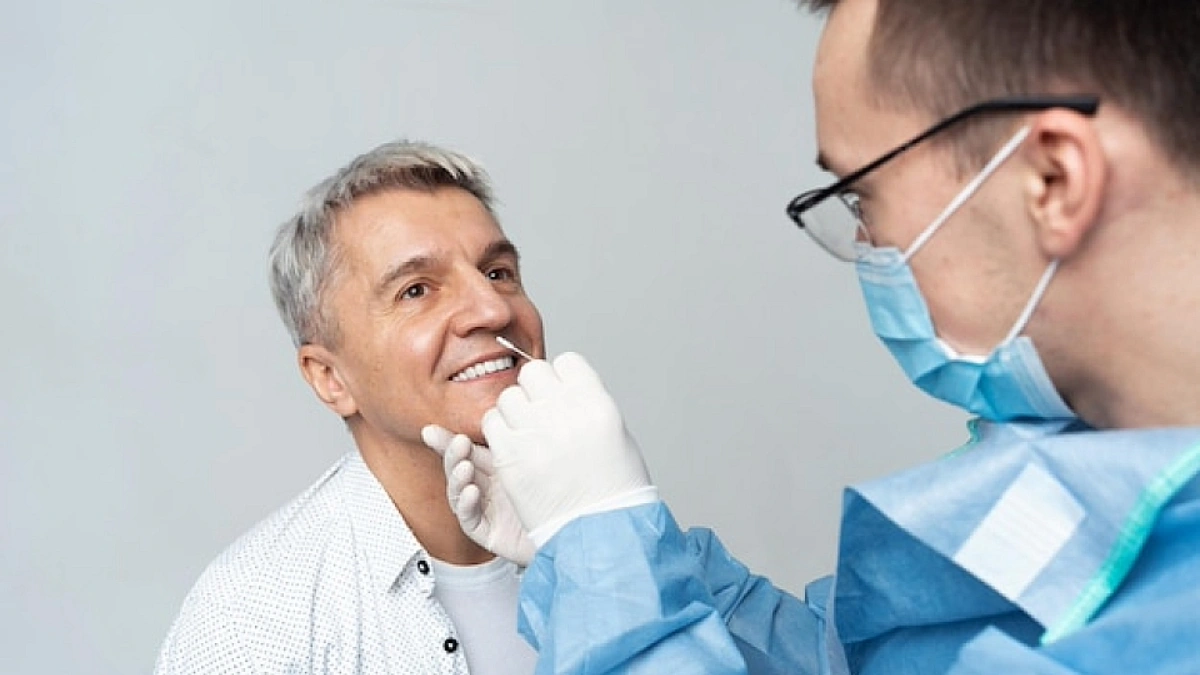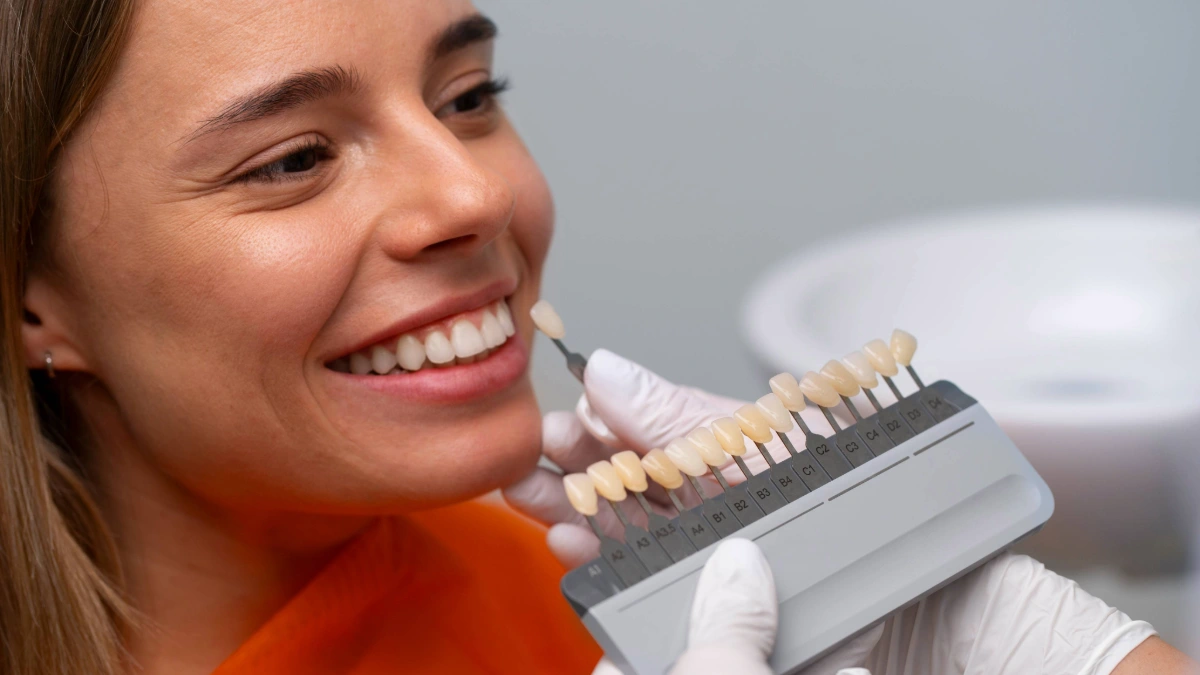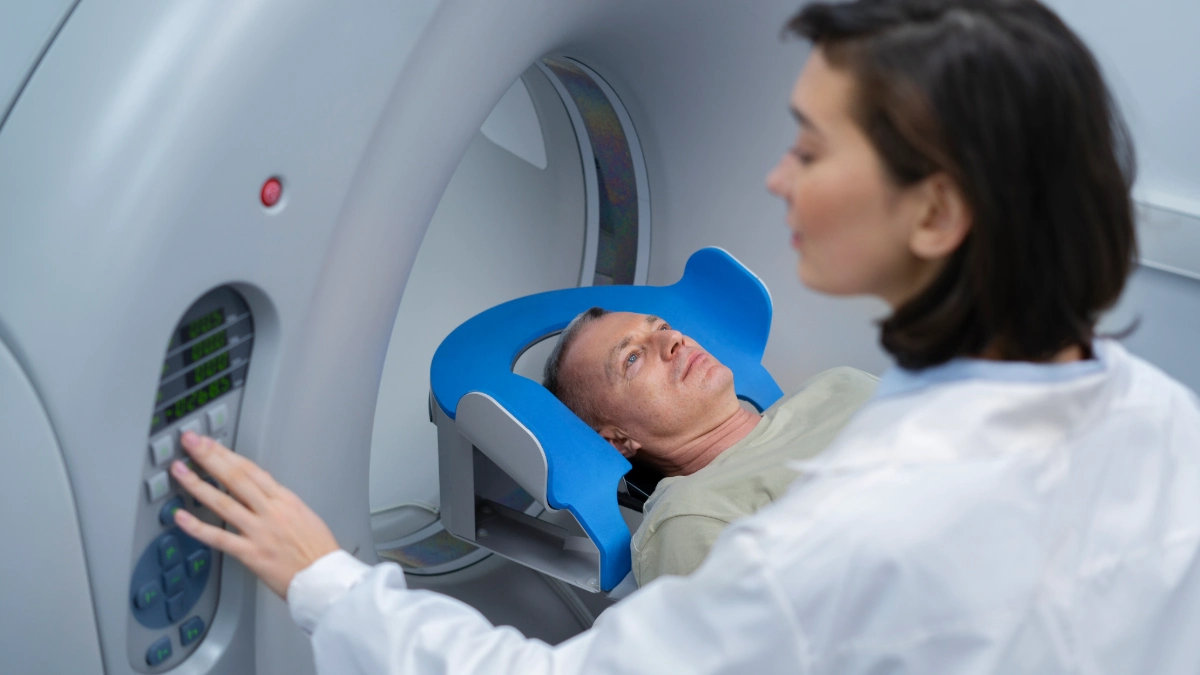Nasopharyngeal cancer treatment in Turkey offers solutions for a condition impacting the part of the throat connecting the back of the nose to the mouth. This rare cancer often presents challenges in diagnosis and treatment due to its subtle symptoms and complex location. Leveraging the expertise of multidisciplinary teams, Turkey provides cutting-edge therapies emphasizing both traditional methods and innovative approaches in oncological care, aligning with nasopharyngeal carcinoma treatment guidelines to ensure effective outcomes.
Symptoms of Nasopharyngeal Cancer
Recognizing nasopharyngeal cancer can be difficult as symptoms often mimic less serious conditions. Patients may experience persistent lumps in the neck, unilateral hearing loss, tinnitus, nasal obstructions, nosebleeds, headaches, double vision, facial numbness, swallowing issues, voice changes, and unintentional weight loss. These symptoms align with nasopharyngeal cancer stage 4 symptoms, and they warrant medical evaluation, particularly if persistent beyond three weeks.
Causes of Nasopharyngeal Cancer
The etiology of nasopharyngeal cancer is multifactorial. Specifically, the risk is heightened by genetic factors, dietary habits—particularly high consumption of salt-cured foods—as well as exposure to the Epstein-Barr virus and occupational hazards, such as formaldehyde and hardwood dust. Consequently, recognizing these factors can significantly aid in early surveillance and prevention efforts.
Diagnosing Nasopharyngeal Cancer
Early detection involves thorough clinical evaluation, potentially followed by a referral to specialized centres. Diagnostic procedures include nasendoscopy, imaging scans (MRI, CT, PET-CT), panendoscopy, and biopsy. These tests confirm the diagnosis and assess the extent of cancer, which is vital for formulating a tailored treatment strategy.
Nasopharyngeal Cancer Treatment in Turkey
Treatment in Turkey involves a collaborative approach, primarily utilizing radiotherapy and chemotherapy. Radiotherapy, especially intensity-modulated radiation therapy (IMRT), targets tumours precisely while minimizing damage to surrounding tissues. Chemotherapy, frequently combined with radiotherapy, enhances treatment efficacy. Novel treatments like targeted therapy and immunotherapy are emerging, offering new hope for patients. Surgical intervention remains limited due to anatomical complexity but may be considered for lymph node management.
Radiotherapy
Radiotherapy remains a cornerstone treatment modality, adaptable to cancer stage and patient needs. IMRT and stereotactic techniques deliver superior therapeutic outcomes with reduced adverse effects. Internal radiotherapy may be employed for recurrent cases. While effective, this treatment may result in side effects like skin irritation, nausea, taste alterations, and dry mouth, which healthcare teams manage diligently.
Chemotherapy
Chemotherapy supports nasopharyngeal cancer treatment, administered in intravenous cycles. While generally well-tolerated, it can cause temporary side effects such as nausea and fatigue. Patients are encouraged to engage in supportive care services to ameliorate these effects.
Targeted Therapy and Immunotherapy
Emerging therapies such as Epidermal Growth Factor Receptor (EGFR) inhibitors and immune checkpoint blockers like nivolumab represent significant advances, targeting cancer cell growth mechanisms and enhancing immune responses. Their integration into treatment regimens marks a significant shift towards personalized medical care.
Clinical Examinations and Follow-up
Participation in clinical trials offers patients access to novel therapies and plays a crucial role in evolving treatment paradigms. Rigorous follow-up protocols, initially frequent and tapering over time, are vital for monitoring recovery and detecting recurrence, ensuring continued care excellence.
Staging of Nasopharyngeal Cancer
The staging process, crucial in management, considers tumour size, lymph node involvement, and metastasis. From localized Stage 0 to advanced Stage 4, staging dictates treatment scope and intensity, emphasizing tailored patient strategies. Patients often inquire, “What were your first symptoms of nasopharyngeal cancer?” and “Is nasopharyngeal cancer curable?” While early stages are generally more responsive to treatment, even advanced stages prompt the question, “Is stage 4 nasopharyngeal cancer curable?”—a topic addressed through personalized and evolving treatments.
Management and Treatment
Comprehensive management includes radiation therapy, chemotherapy, chemoradiation, and targeted therapies. While surgery is less common due to anatomical challenges, it remains an option for specific cases. Understanding the implications and potential side effects, including palliative care options, ensures patient-centred approaches.
Nasopharyngeal cancer treatment in Turkey not only combines expert care, advanced technology, and innovative therapies but also establishes the country as a sought-after destination for those seeking effective management of this challenging condition. Notably, Avicenna International Hospital stands out for its commitment to providing holistic and precise care, offering patients the opportunity to receive state-of-the-art treatment that is carefully tailored to their individual needs.
The most effective treatment for nasopharyngeal cancer is often a combination of radiotherapy and chemotherapy, tailored to the stage and specific characteristics of the cancer.
The latest treatments for nasopharyngeal cancer include targeted therapies like Epidermal Growth Factor Receptor (EGFR) inhibitors and immunotherapies such as immune checkpoint inhibitors, which offer new avenues for personalized care.
Yes, Turkey is recognized as a good place for cancer treatment, offering high-quality medical care, advanced treatment options, and cost-effective services, attracting patients from around the world.







